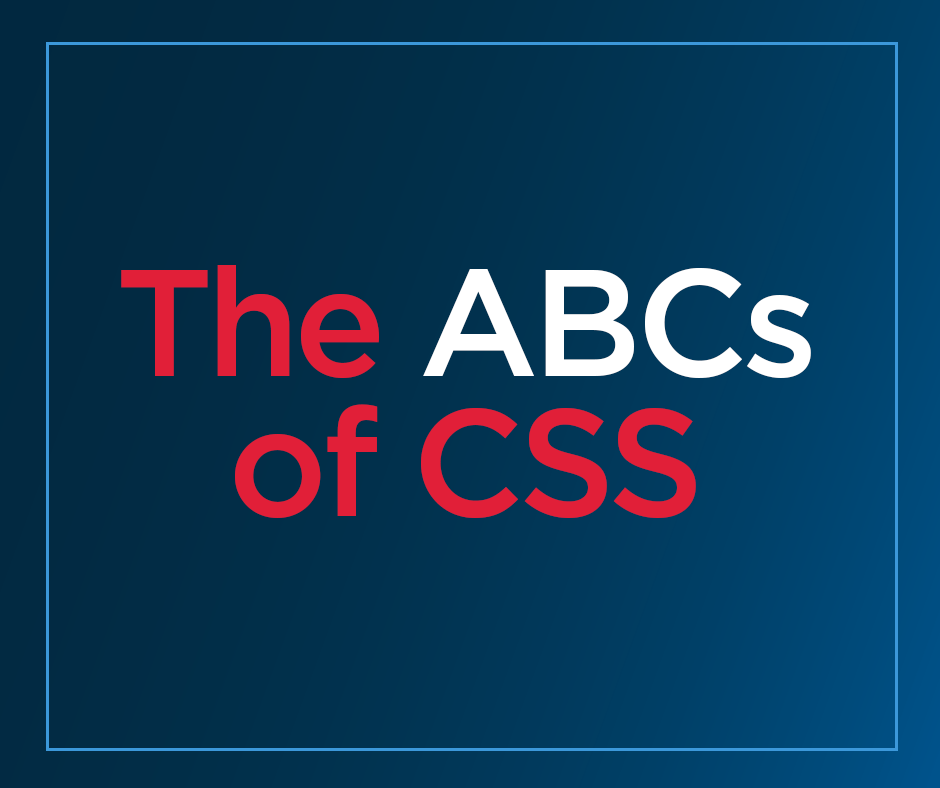 Amplifier
Amplifier
The ABCs of CSS

Trends in the household goods moving industry can make quick turns, causing service providers to shift gears and change lanes. But armed with a tool like the Atlas® Van Lines & Agency Family Strategic Roadmap, knowing which route to take makes getting to the destination easier. Today, many people are moving within tighter timelines and with smaller shipments than in years past, leading to an uptick in demand in an already crunchedcapacity scenario. So, Atlas® used their Roadmap to follow the needs of their consumers and introduced the Atlas® Containerized Service Solution (CSS).
The CSS has been identified as one of the current top priorities from the Strategic Roadmap, with overall capacity expansion as the goal. Says Ryan McConnell, Vice President of Strategic Planning for Atlas® Van Lines, “We’re having a generational change in the way we find Professional Van Operators (PVOs), so this is a way to supplement future shipments with more capacity to serve our customers. It will also help support labor growth at the Agent level and give them more opportunity to sell when they otherwise couldn’t.”
Currently, there are 106 Agents within CSS’s initial 43 markets. Jeff Schimmel, Vice President of Transportation Services for Atlas Van Lines, says that these first markets were chosen because of the portion of overall business they represent. “Rather than open the floodgates, we wanted to launch with some control to allow us to build a program that will service our customers at a reliable level,” says Schimmel. “The goal is far-reaching coverage. This is just the beginning.”
The CSS team from the van line—consisting of Ken Stokes, Director of Alternative Hauling; Regina Like, Marketing Specialist for Pricing and Contracts; and Brandie Shirley, RA Systems Analyst in Rating and Distribution Services—all share a lot of optimism for CSS and how it will benefit both the Agents and the consumers.
"I'm excited about the growth and reliability of CSS. Participating Agents have been seeing exciting, immediate results from this program, and I can't wait to see what happens across our entire network as it continues to expand," says Stokes. Stokes notes that Agent input was invaluable during the planning of CSS, and their hunger for capacity growth outside the traditional PVO was palpable. He says this program will give Agents another avenue to serve shipments and increase profitability while PVOs are at capacity.
Like, who is heavily involved in onboarding new Agents into the CSS program, agrees, adding, "We have strong foundational trust between Atlas and the Agent family. And by reinforcing our commitment through increased staffing, process improvements, and technology advancements, that trust will allow us to grow this program with their full support."
For Shirley, the teamwork among the CSS team and the Agents has been exceptional. She believes CSS has opened a huge opportunity in the industry and will transform the future of moving. “This has been a superb project for all involved. I can’t wait to see what will happen with traditional shipments. Maybe, just maybe, this might change everything. And I think that’s good for us and for our Agents, and that’s amazing.”
Another benefit of CSS is that it isn’t just a summer program—it works year-round. In some ways, it can be more challenging to move smaller shipments outside of peak season, so this is a full-service program that Agents can use to access those moves they may otherwise have walked away from.
Looking ahead, an expansion plan to service cross-border moves to and from Canada is underway as a fast-track priority, in addition to increasing allowable weights within CSS and enhancing technology to increase Agent productivity and profitability.
“We have a lot of momentum that’s been built and continues to build,” says Schimmel. “I see this growing exponentially as more Agents adopt it and am excited to see where we can go.”